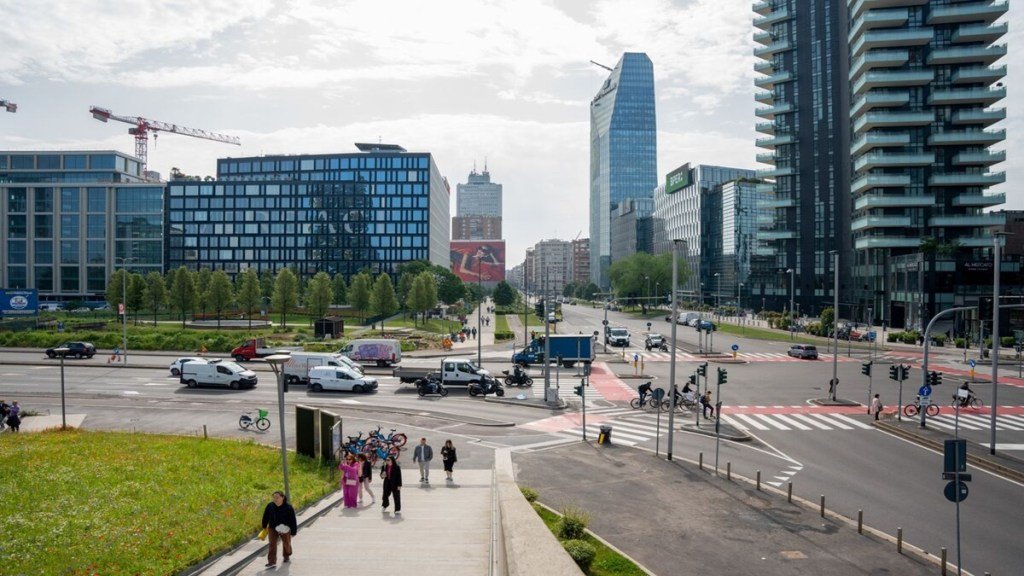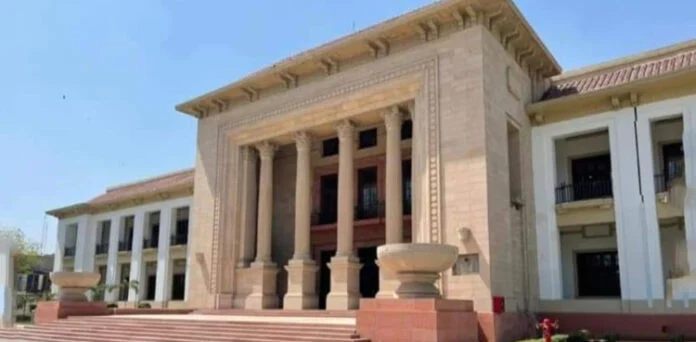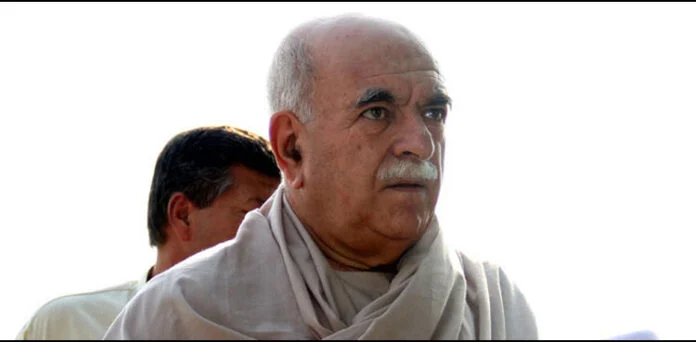
As the Senate moves forward with voting on President Donald Trump’s sweeping legislation known as the “Big Beautiful Bill,” the proposal is drawing sharp criticism for its hardline stance on immigration. While the bill is publicly framed as a national security and fiscal reform initiative, the measures it includes mark a major escalation in immigration enforcement and reflect a broader shift toward restricting both undocumented and legal immigration in the United States.
One of the most striking elements of the bill is the allocation of $150 billion over four years to enforce Trump’s immigration agenda. This includes $46.5 billion for building more than 1,600 miles of new border barriers, $45 billion to expand detention facilities significantly, and $12 billion to hire 18,000 additional ICE and Border Patrol officers. The expansion of personnel alone would triple the current deportation force, aiming to increase removals from roughly 650 people a day to up to 3,000 daily. The scale of the plan signals an unprecedented federal effort to carry out mass deportations.
To fund this extensive enforcement apparatus, the legislation proposes major cuts to existing social programs such as Medicaid, food assistance, and clean energy investments. These cuts disproportionately affect low-income and immigrant communities, further embedding the message that public support systems will be deprioritized in favor of border enforcement and detention infrastructure. The redirection of federal funds away from social services underscores the broader consequences of the policy, not just for immigrants but for working-class Americans as well.
The bill also makes significant changes to legal immigration processes, introducing steep fees that could place legal status out of reach for many. For the first time, individuals applying for asylum will be required to pay a $1,000 filing fee. Work permits will cost $550, while appealing a court decision will cost $900—up from $110. Even humanitarian protections such as Temporary Protected Status will carry application fees that are several times higher than current costs. These increases could discourage or even prevent vulnerable populations, including refugees and asylum seekers, from accessing legal pathways to safety.
Although the bill does allocate $1.25 billion to expand immigration courts and hire more judges, it falls short of addressing systemic issues such as the backlog of cases, limited access to translators, and insufficient legal representation. In fact, enforcement practices are growing more aggressive: reports indicate that individuals are being detained outside courthouses while attending scheduled immigration hearings. Combined with financial barriers and legal uncertainty, these developments make the system more difficult to navigate and increasingly inaccessible for those seeking fair treatment under the law.




















